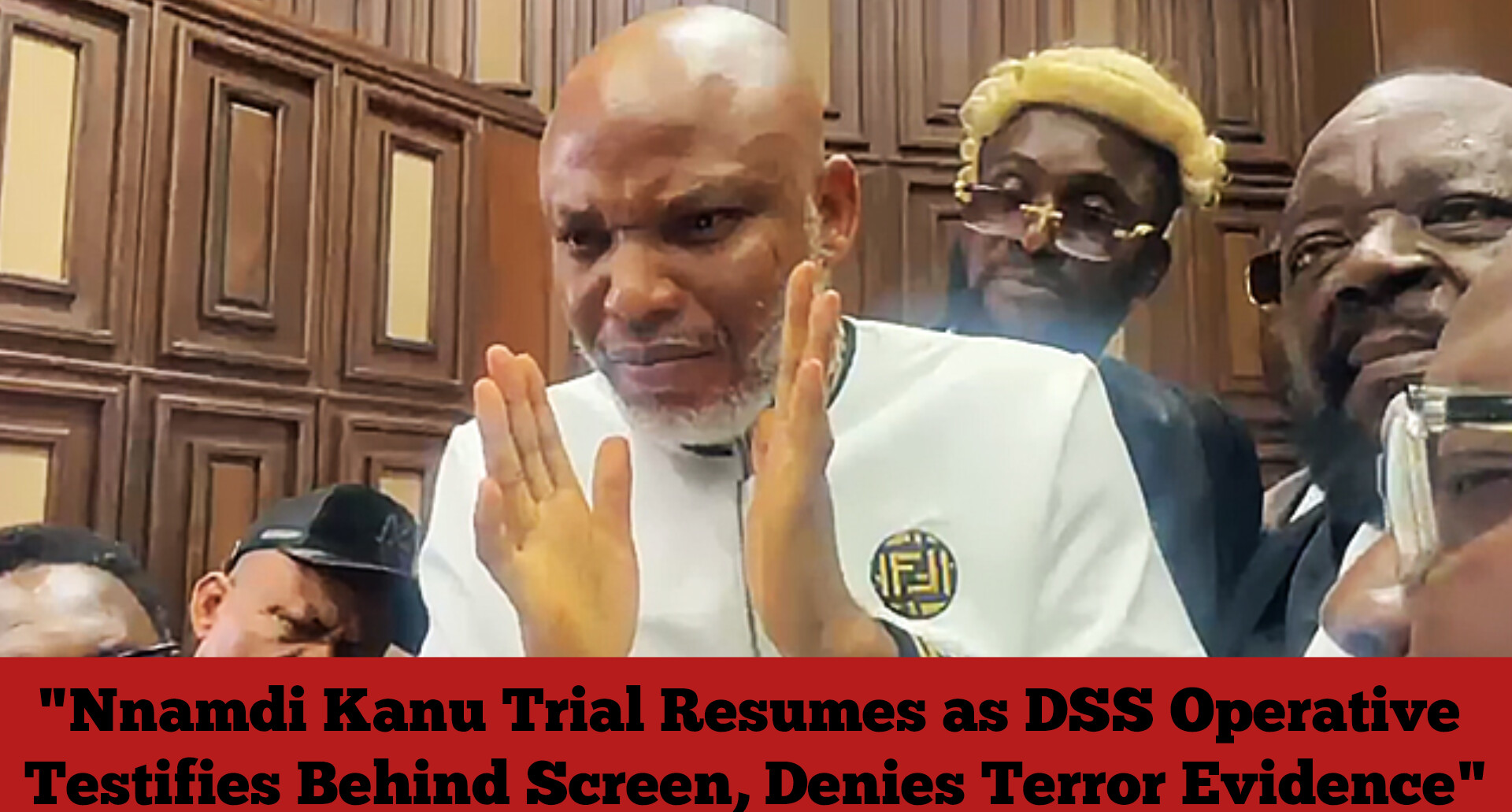The Federal Bureau of Investigation (FBI) and the Drug Enforcement Administration (DEA) have formally requested a 90-day extension from a United States District Court to produce documents tied to an alleged drug investigation involving Nigerian President Bola Ahmed Tinubu, dating back to the 1990s.
The request was made public on Thursday through a joint status report submitted to the U.S. District Court for the District of Columbia, as part of a legal battle initiated by American transparency advocate and PlainSite founder, Aaron Greenspan.
Greenspan is seeking the release of records allegedly connecting Tinubu and three other individuals — Lee Andrew Edwards, Mueez Abegboyega Akande, and Abiodun Agbele — to a Chicago-based drug trafficking operation. The case stems from multiple Freedom of Information Act (FOIA) requests filed between 2022 and 2023, targeting several federal agencies for related records.
Earlier, presiding Judge Beryl Howell had ordered the FBI and DEA to update the court by May 2, 2025, regarding their search and disclosure of non-exempt records. However, in the latest filing, both agencies disclosed that additional time was needed to complete comprehensive document searches.
“The FBI and DEA have initiated their searches for responsive, non-exempt, reasonably segregable portions of records requested by the plaintiff and anticipate completing their searches in ninety days,” the report stated.
Greenspan has strongly opposed the proposed extension, contending that the agencies have delayed the process for years and that several pertinent documents have already been located. He urged the court to set a far earlier deadline.
“Given the years-long delay already caused by the defendants and the fact that many responsive documents have already been identified, the plaintiff proposes that the FBI and DEA complete their searches and productions by next week,” Greenspan argued. He further suggested that unredacted versions of already-identified documents be produced immediately, with the remaining files delivered within 14 days.
Initially, both federal agencies had issued what is known as a “Glomar response” — refusing to confirm or deny the existence of related records. The court later ruled this position unacceptable, ordering the agencies to conduct thorough searches and disclose available, non-exempt information.
In addition to the records, Greenspan is also seeking reimbursement of $440.22, covering his filing fees and certified mailing expenses. The parties remain divided on when the next joint status report should be filed, with the agencies proposing July 31, 2025, while Greenspan is pushing for a May 31, 2025 deadline.
As legal proceedings continue, the case is drawing increasing attention due to its potential diplomatic and political implications, involving a sitting foreign head of state and U.S. law enforcement archives from a decades-old investigation.




